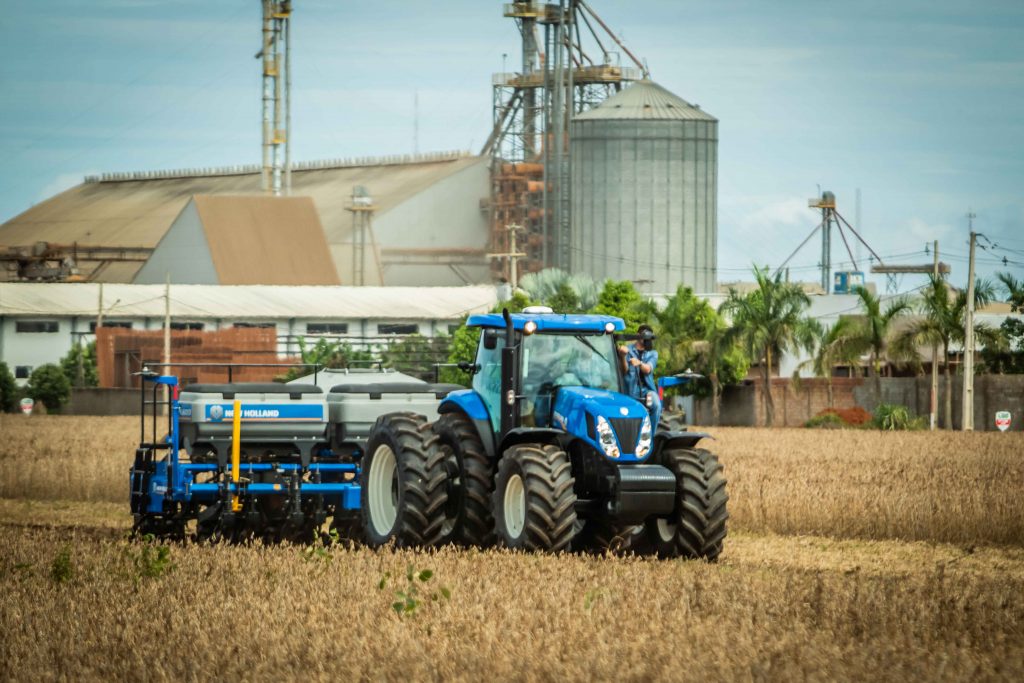São Paulo – Mato Grosso is selling more corn to the Arab countries, as well as more beef, soy, gold, soy oil and many other products. Now, the state has jumped positions as a Brazilian supplier to the Arab market. From the sixth Brazilian state that most exported to Arabs nine years ago, Mato Grosso is now the third.
Figures by the Secretariat of Foreign Trade (SECEX) show that Mato Grosso grossed USD 681.2 million from sales to the Arab League countries in 2010. Year-to-date through September only, revenue from exports stood at USD 1.09 billion. The growth is linked mainly to the size of agribusiness in the state, which is gaining productivity, and consequently output.

“Mato Grosso agribusiness has become more and more professional over the years, gaining productivity, doing a sustainable agriculture, and of course managing more competitive prices, breaking into all Asia and every Arab country as a whole,” the secretary of Economic Development of the State of Mato Grosso, César Miranda, told ANBA.
The secretary doesn’t refer to the local farmers as rural producers anymore but as “rural businesspeople.” Miranda mentions the professionalization example of the beef cattle sector, which has managed to slaughter the animal at a shorter age, as well as soy and corn cultures, which has a season per year each in the state. Mato Grosso corn has Brazil’s fifth largest productivity at 6,300 kilos per hectare, as per figures by National Supply Company (CONAB).
In fact, year-to-date through September, corn was the product that Mato Grosso has sold the most to the Arab market. It accounted for more than a half of the revenue from exports at USD 522 million. In 2010, the state earned USD 141 million from it. Soy was Mato Grosso’s third most sold product to the Arabs, from USD 9 million in 2010 to USD 107.4 million year-to-date through September.
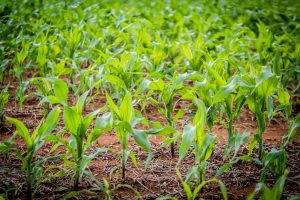
Association of Soy and Corn Producers in Mato Grosso (Aprosoja) president Antônio Galvan says the bulky sales to the Arabs result from the high quality of the products grown there. According to him, the local soy has a high protein content, and their corn has a high quality since it doesn’t rain much at the end of the crop and it’s harvested in the dry season. “So, it’s less likely to deteriorate, and the international market highly demands this corn for that,” he said.
The state plants soy in October-November and corn in January-February. Both cultures usually take turns in part of Mato Grosso crops. “Few are the regions in the world where you have this option to produce both,” Galvan said. Corn accounts for just half of the area of soy in the state, tough.
The second product that Mato Grosso exports the most to Arab is frozen beef. Fresh and refrigerated beef are the sixth product on the list. Year-to-date through September, the state grossed USD 194 million from frozen beef sales to the Arab market from USD 107 million in 2010. Fresh and refrigerated beef grossed USD 45 million from this year’s sales and USD 6 million nine years ago.
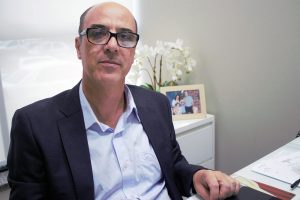
Mato Grosso Breeders Association (Acrimat) technical director Francisco Manzi said that the reasons why beef sales to the Arabs climbed includes the fact that the state has established itself in halal slaughter, proper for Muslim countries’ consumption. Moreover, he points out that Mato Grosso has Brazil’s largest herd at 30 million heads of cattle out of the 200 million in Brazil.
As Miranda, Manzi also mentions the reduction in the age of cattle slaughter as a factor for the increased exports. “The age at slaughter has steeply decreased, and this is directly linked to its softness, and the quality of our meat,” he believes. Mato Grosso has 22 cattle slaughterhouses qualified to exports, and productivity is growing, the technical director said.
Secretary Miranda says that Mato Grosso Meat Institute (IMAC) is finishing up a digital system for cattle slaughterhouses. This system will digitally control the cattle weighing and allow the breeders to accompany the animal slaughter from their cellphone, and other innovations. IMAC is part of the Secretariat of Economic Development of the State of Mato Grosso.
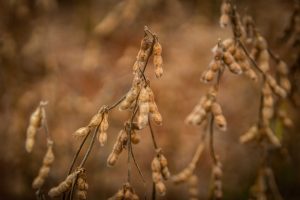
“It’s a management and governance system made by the breeder and the industry. IMAC will first certify if that meat purchased by the importer was sustainably produced, without slave labor, certifying the origin from the farm to the slaughter. It’ll give a guarantee of quality and origin to the meat from Mato Grosso,” explained Miranda.
Secretary César Miranda was in the UAE earlier this year, where he participated in meetings at the International Office of the Arab Brazilian Chamber of Commerce in Dubai. He’s still in touch with the Chamber, discussing a possible mission to the UAE and maybe other Arab countries next year featuring governor Mauro Mendes (Democratas) and a corporate delegation. The goal is to search the market, but alto attract investment, especially for local industry and infrastructure.
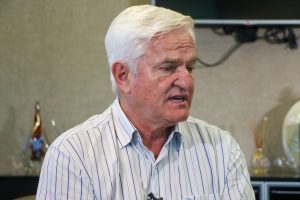
Galvan and Manzi believe in the importance of the work by the public sector for trade. “The president (Jair Bolsonaro)’s visit will most certainly increase it even more,” said Aprosoja president on the future of exports from Mato Grosso to the Arab countries. Bolsonaro visited the UAE, Qatar, and Saudi Arabia last October. “But it’s the quality of our product that will certainly increase even more the demand for it,” he said.
Mazi points out that work by the Ministry of Agriculture, Livestock and Supply in searching out foreign markets for Brazilian agribusiness. “Besides the work by the minister of Agriculture, Tereza Cristina, there’s a prospection by the Ministry of Agriculture going on that has done a great job in searching for new markets since Brazil is a large producer,” he says.
Mato Grosso is Brazil’s largest grain producer, as well as the largest producer of soy, cotton and corn. The state also has the largest herd of cattle. Besides the products mentioned, Mato Grosso also sells the Arab countries products such as other meats and offal, vegetables, eggs, cotton, nuts and seeds, animal fat, and others.
Translated by Guilherme Miranda



